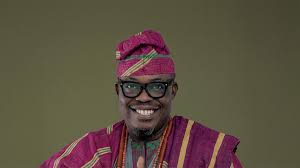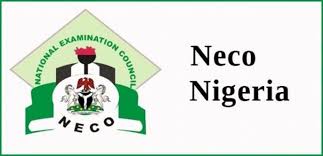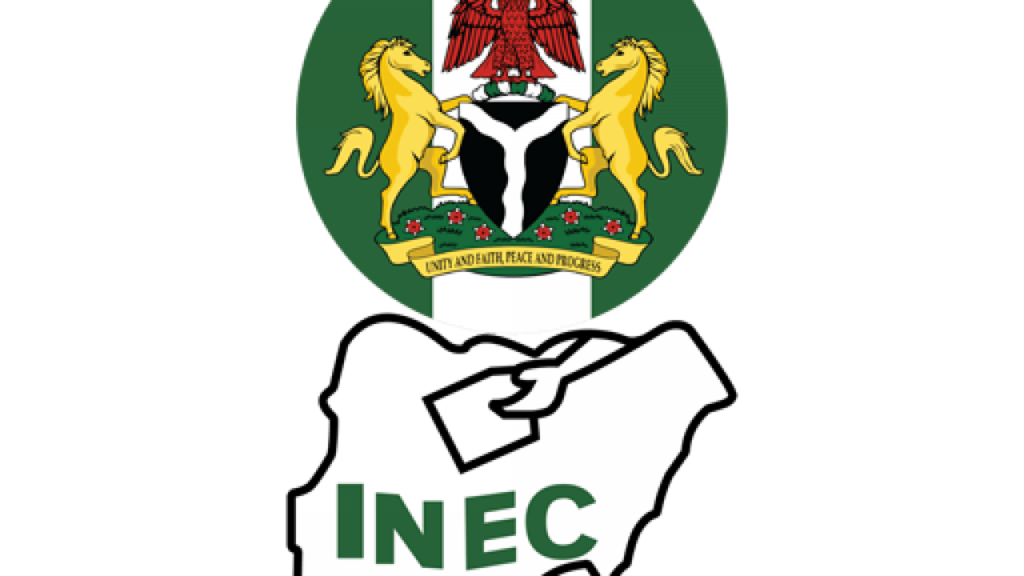Former Senator representing Anambra South Senatorial District, Ikechukwu Obiora, has called for a far-reaching constitutional amendment to strip the President and state governors of the power to appoint the Chairman and members of election management bodies at both the federal and state levels.
Obiora, a lawyer and former lawmaker who served in the National Assembly between 2007 and 2011, made the proposal in a speech titled “The Philosophy of Elections and Nigeria’s Fake Democracy,” which was made available to journalists in Abuja on Sunday.
He argued that the current appointment system undermines the independence of electoral bodies, stressing that the responsibility of appointing the Chairman and Commissioners of the Independent National Electoral Commission (INEC), as well as members of the State Independent Electoral Commissions (SIEC), should be vested in a neutral and credible body.
According to him, over 90 percent of elections conducted in Nigeria since independence have been rigged.
“In other words, Nigerians have never really and voluntarily chosen their leaders, nor have Nigerians ever been governed with their proper consent and participation,” he said.
The former senator described Nigeria’s democracy as “fake” due to the absence of honest elections, which he blamed on mass poverty and underdevelopment.
Obiora disclosed that he has transmitted a bill to both the Senate and House of Representatives seeking to reform the appointment process for election management bodies. He maintained that Nigeria would have achieved greater development if citizens had been allowed to freely elect their leaders since 1960.
“The simple but painful cause of stealing and rigging of elections is that those vested with power to appoint the electoral bodies and personnel were themselves, or their political parties, or their preferred candidates, contestants in the same elections. It is just like making a person a judge in his own case,” he stated.
He decried the recurring pattern of ruling parties winning 100 percent of local government elections in states, as well as the avalanche of post-election litigations at the national level, blaming both on the lack of independence of electoral bodies.
While supporting the legal entrenchment of the Bimodal Voter Accreditation System (BVAS) and electronic transmission of results to the INEC Result Viewing Portal (IReV), Obiora warned that technology alone cannot solve the problem of election rigging if the integrity of electoral appointments remains compromised.
He proposed the establishment of a new, truly independent INEC, composed of 13 commissioners. Six would be elected by Nigerian labour and professional organisations, including the Academic Staff Union of Polytechnics (ASUP), Academic Staff Union of Universities (ASUU), Institute of Chartered Accountants of Nigeria (ICAN), Nigerian Bar Association (NBA), Nigerian Medical Association (NMA), and Nigerian Union of Journalists (NUJ). Six commissioners would be nominated by the United Nations, while one commissioner-observer would be nominated by Transparency International.
According to his proposal, the new INEC would have full powers to elect and remove its Chairman and hire and fire all staff, including its Chief Executive Officer.
Defending the inclusion of the United Nations and Transparency International, Obiora clarified that their nominations would not infringe on Nigeria’s sovereignty.
“Those nominations would not be imposed by any sort of force. Rather, it is Nigeria as a sovereign nation that would voluntarily request these nominations,” he explained.














